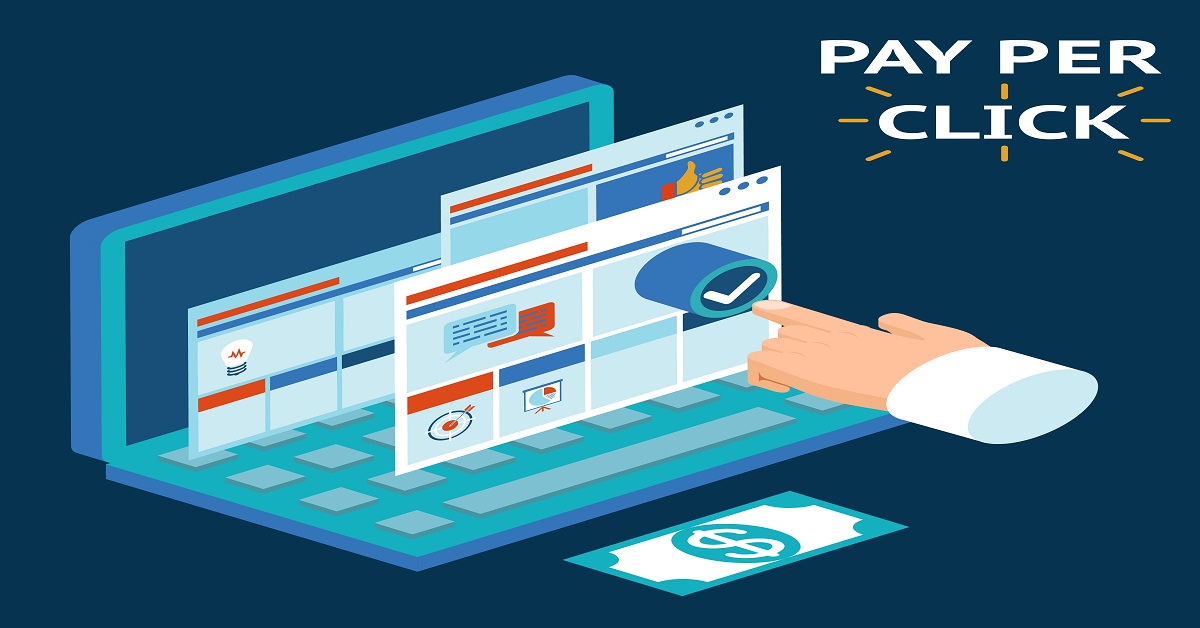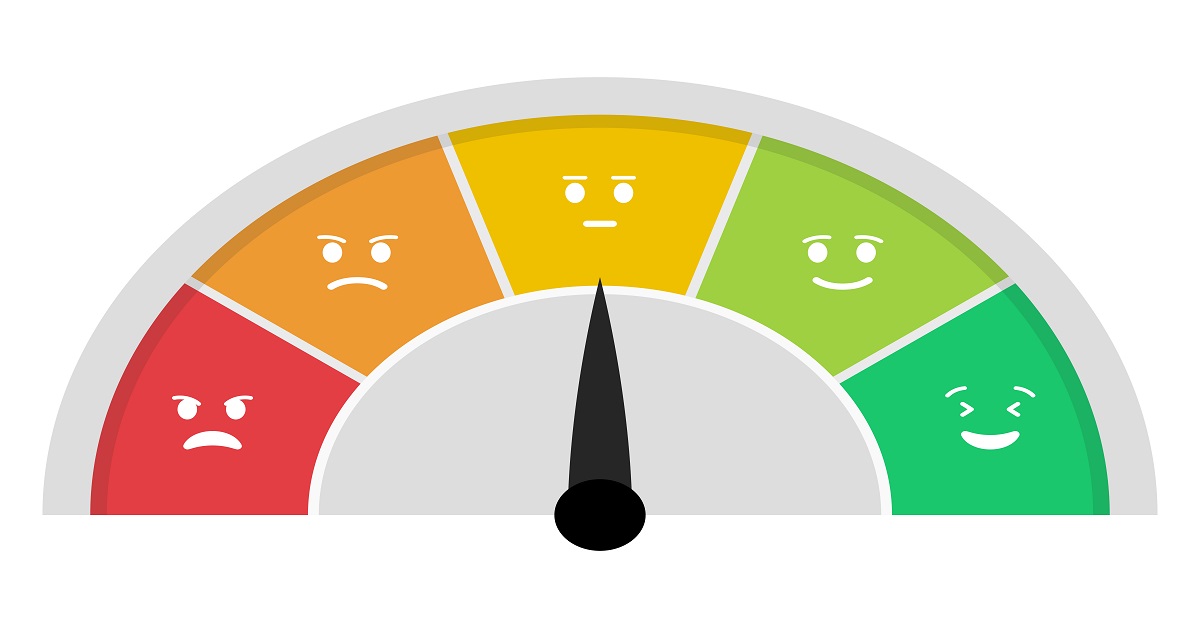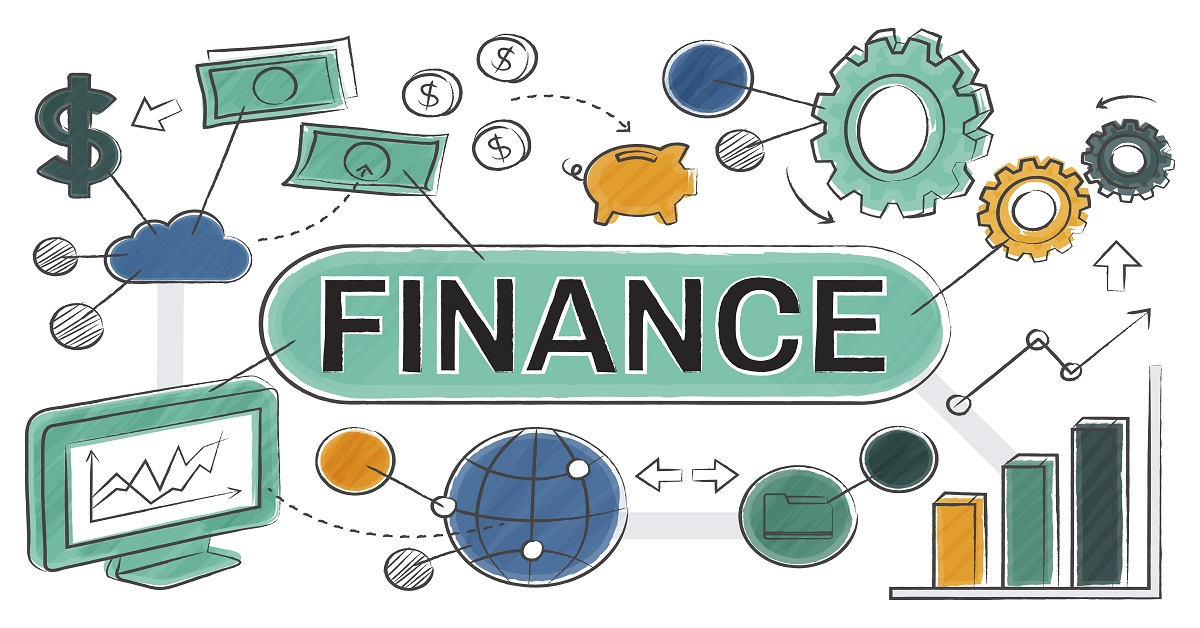If you’re ready to employ paid search, you’ll need to take these steps to set up your paid search campaign.
1. Location parameters
You can select the countries, zip codes and cities where you want to display your ads by going to the location settings Typically, these options reflect the location of your business or locations where clients can purchase your products.
2. Keywords
The best keywords for your brand awareness and business are the ones you choose. By conducting keyword research, you can find out which terms are most important to customers in your industry. Discovering the keywords that people use worldwide to identify items and services comparable to yours can be facilitated by using tools like Google Keyword Planner. With Keyword Planner, you can view a list of potential keywords with information about monthly search volume, competition trends, and cost per click.
3. Type of match
Before you bid on keywords you need to select a match type for your PPC ad campaign. Google’s algorithm is informed by the match type you select on how closely you want your ads to match a user’s search. There are three similarities when using Google Ads for advertising:
exact match
The most specific type of match is an exact match. In the past when you used exact match, customers would only see your ad groups when they searched for your specific keyword phrase. But Google has changed its measurement to make such matches less specific. If you use exact match, searches containing synonyms, plurals, or other variations of your word or phrase may appear in your ad.
The best thing about using specific matches is to reach people who are interested in your specific offerings. Customers are more likely to be interested in your offerings if they click on your ad after searching for that particular service, which maintains high conversion rates and reduces unnecessary costs. However, since more specialized queries typically have a smaller search volume, you’ll likely get fewer visitors if you use exact matches.
Wide match
The type of match that will reach the maximum audience is the wide match. If you select a broad match, your ad can appear on searches that contain some, all, or none of your key phrases. Additionally, searches using synonyms for your keywords may return your ad.
While the broad match strategy is great for increasing click-through rates, it’s still crucial to monitor search query analytics to make sure you’re not paying for irrelevant or non-converting traffic. You can set up and assign negative keywords to stop your ads from showing on searches that have nothing to do with your business.
Phrase match
Phrase match results by combining specific matches and broad matches. With control features similar to Precision Match, it offers a fraction of the versatility of a wide match. Although additional phrases can be placed before or after the keyword, your ad will only appear when a person enters your keywords in the exact order you enter them. Recently, Google AdWords expanded phrase matching to include synonyms, plural forms, and other close synonyms of your keywords and key phrases.
4. Create your ad

The next step is to write an ad that appeals to your target market and persuades them to choose it over other paid links or listings that occur naturally on the page. The following qualities are included in effective advertising:
- One or more CTAs, or calls to action
- Words and phrases associated with your search terms
- Unique and engaging content
There are some things you can’t add when creating your ad. Among them are:
- Trademarked terms or expressions
- Exclamation point-filled headlines
- Overspacing (eg, F R E E S H I P P I N G) is unnecessary
- Symbols (such as **Free Shipping**) that are used to increase the visibility of your ad
- All-caps terms (eg free shipping)
You want your ads to support your business, not hinder it. Therefore, to create profitable paid ads, make sure to include correct information and avoid prohibited content.
5. Bids
The amount you want to pay for each click on any of your ads with keywords is entirely up to you. This is referred to as a “Maximum CPC” or “Bid”. For each word and keyword combination, you can select a separate bid amount. Although you still have the final decision on how much to bid for each keyword, paid search advertising agencies will offer you guidelines. You can still bid $3, for example, even if Google offers a $4 bid but you only want to bid $3. On the other hand, if you bid less than the recommended amount, your ad may appear lower on the page or less frequently in search results.
6. Ad extensions
Ad extensions can appear alongside your ads on various search engines and can be used to offer more details about your business. These have the potential to improve the user experience as well as increase your ad’s Quality Score, which will propel it to the top of the search results page Possible ad extensions include the following:
- Location: Enter your business address
- Pricing: List the prices of the various services and products you provide
- Call Outs: This contains more details about your company
- Site Links: Links to other pages on your website
- Phone Number: Give mobile users a click-to-call option and your phone number
7. Advertising and Launching
Within a few hours, ads usually start appearing, giving you more time to see results in your paid search accounts. Additionally, you can stop running existing campaigns or pause your current ones to accommodate new ones whenever you choose. Even though the pricing structure of each paid search platform varies slightly, you will likely face the same problem with all of them. Typically, you’ll link a credit or debit card to your account when you first open it. After reaching a certain threshold or every 30 days, whichever comes first, you will be charged next.














